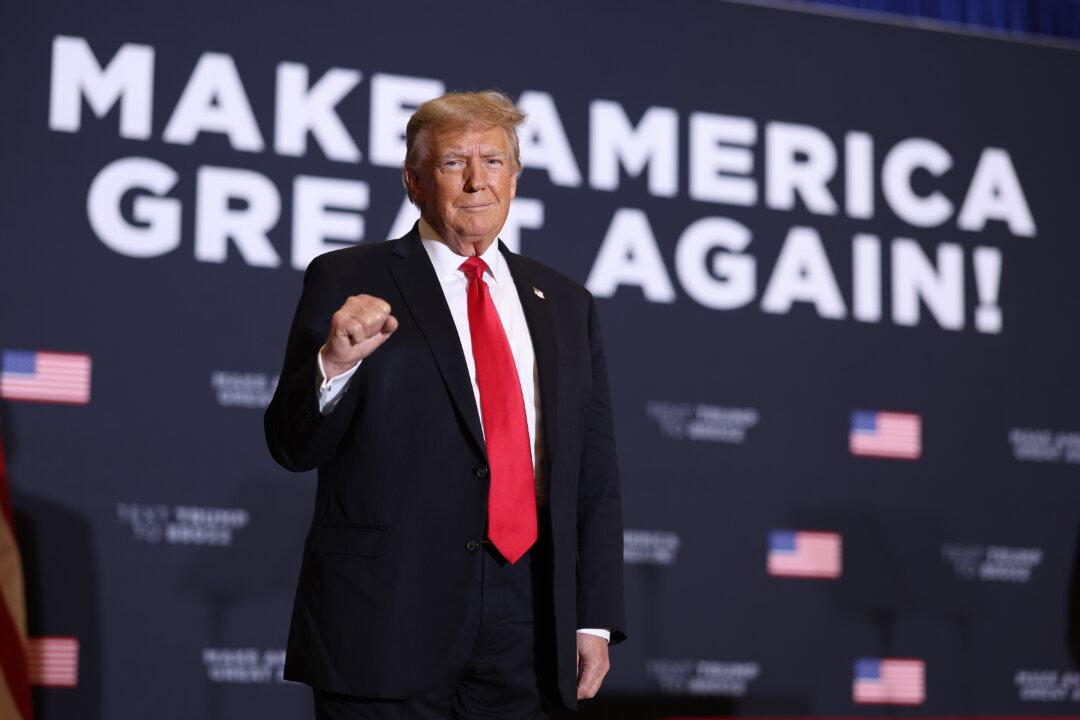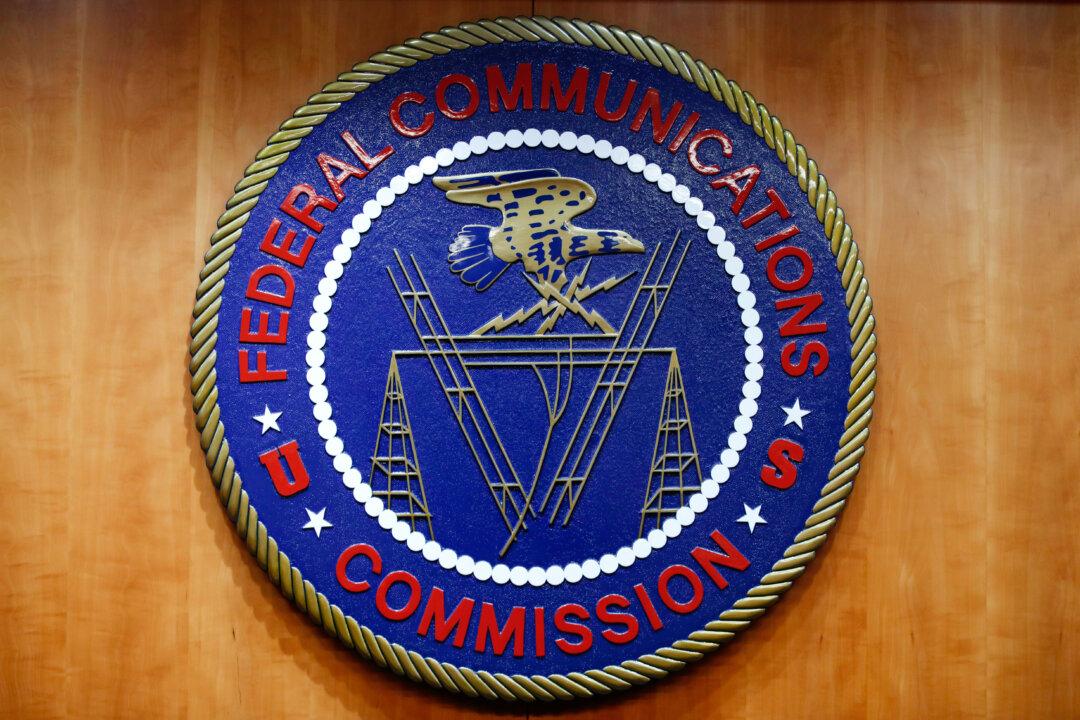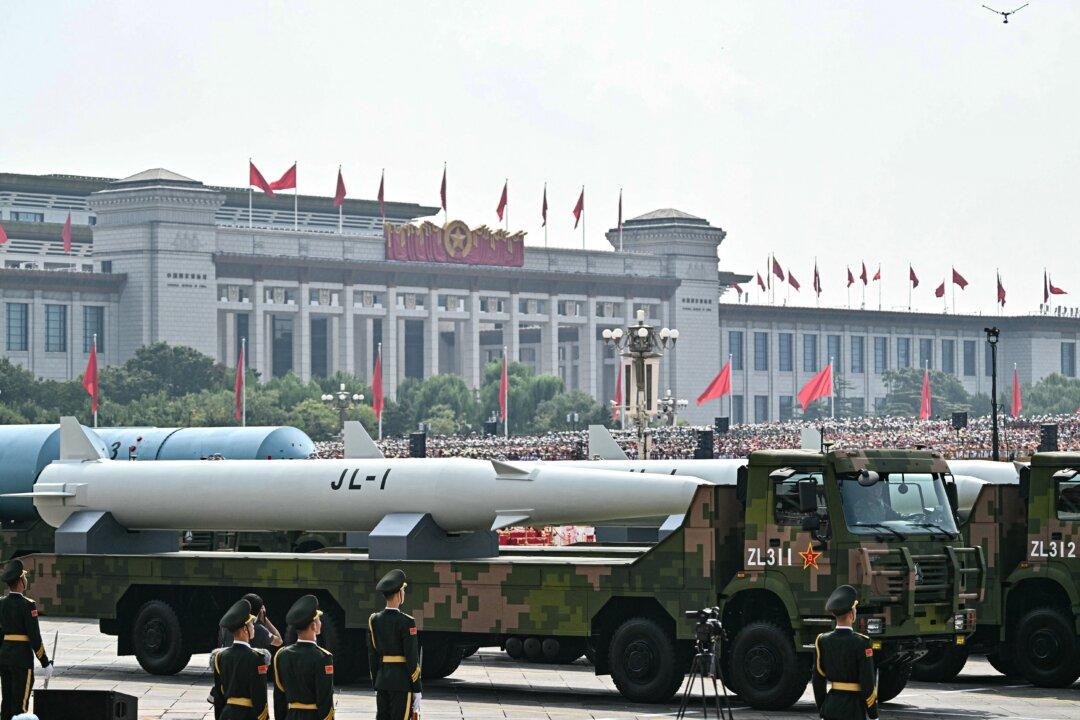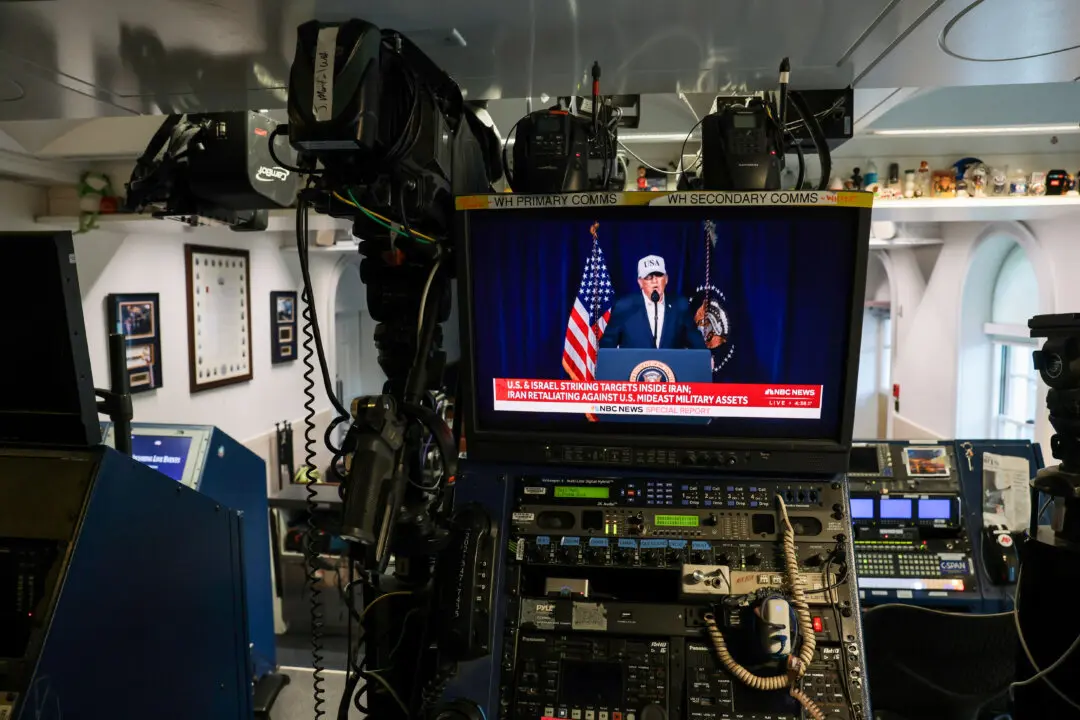The Colorado Supreme Court ruled on Tuesday that former President Donald Trump is ineligible to appear on the state’s primary ballot.
The extraordinary 4-3 ruling makes Colorado the first and only state to disqualify President Trump from appearing on a state primary ballot. The decision revolved around an interpretation of the 14th Amendment, which bars certain individuals from public office if they have engaged in an “insurrection.”





